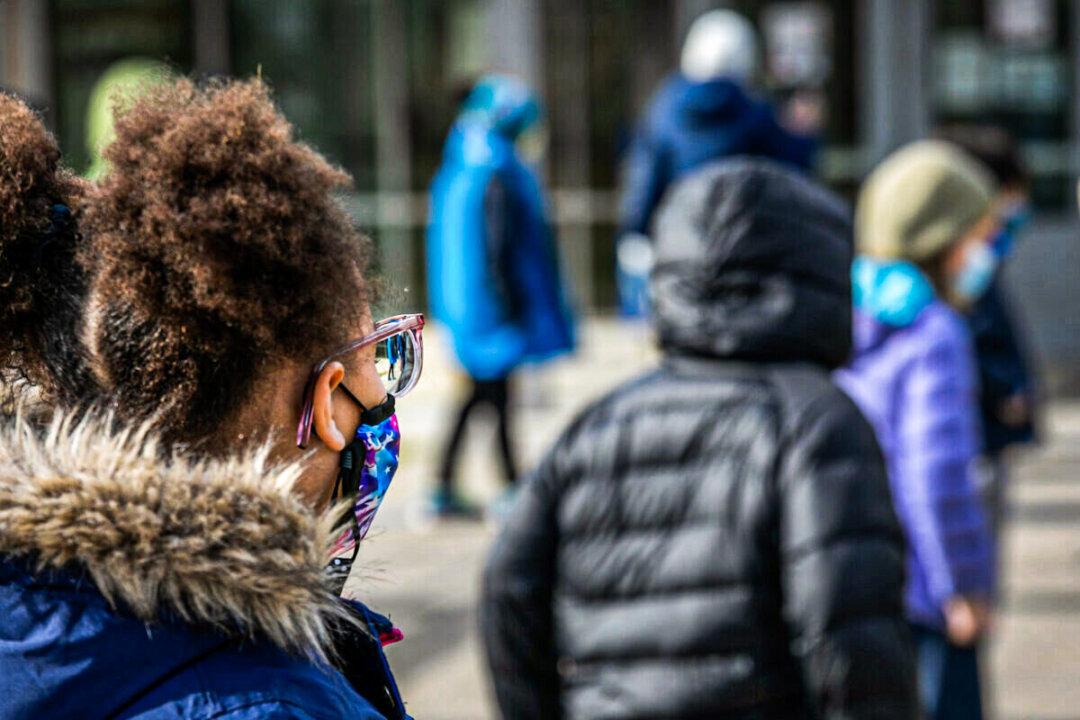Parents believe that their children are exhibiting worse behavior during remote learning at home than when they attend school in person, a new study has revealed.
Researchers from Harvard University led the study, which involved four online surveys among 405 parents of children in Massachusetts from Jan. 4 to May 23, 2021—a period marked by back-and-forth school closures. Overall, 348 parents reported on 356 children’s behaviors in at least one of the surveys.





